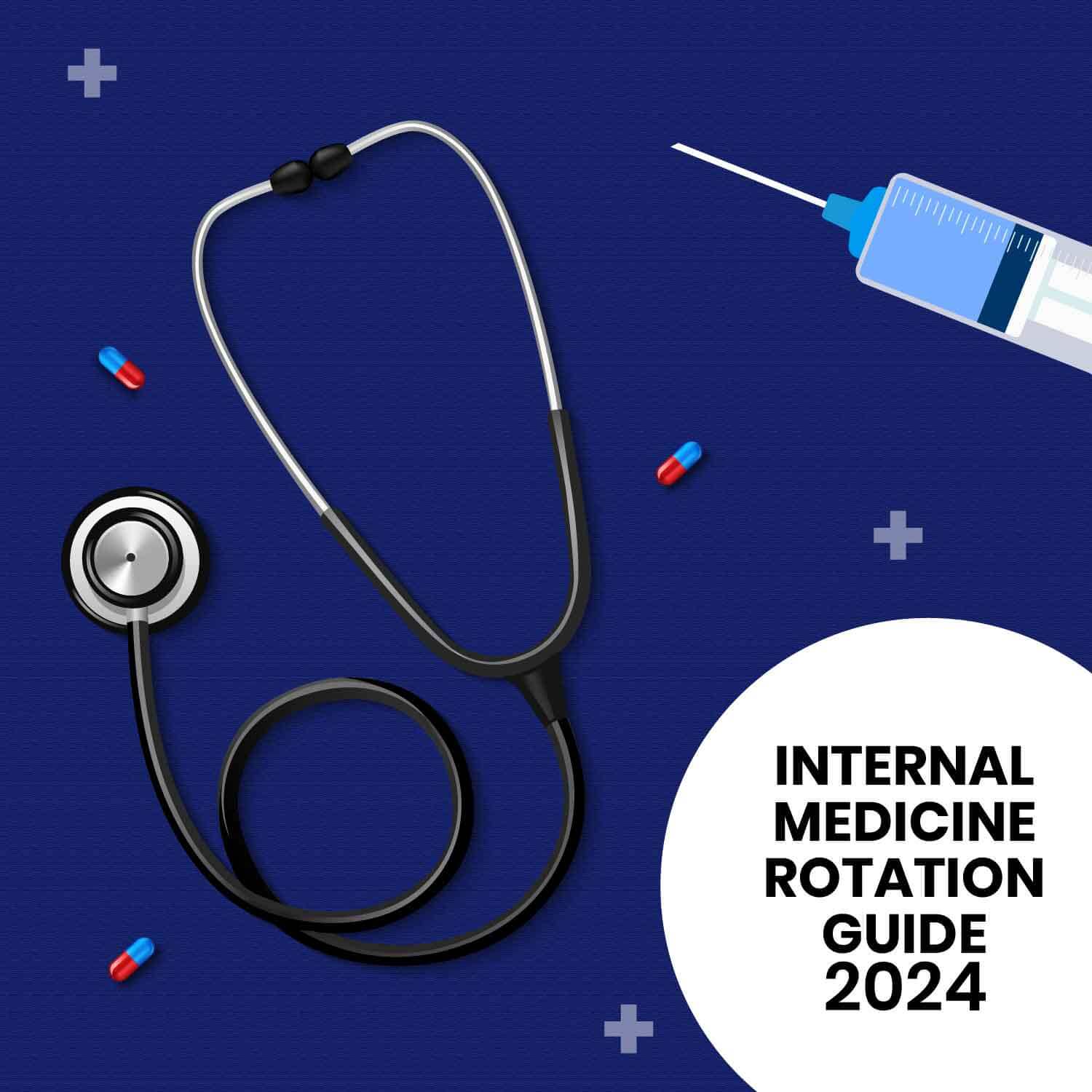
Medical school and stress seem to go hand in hand. Due to this, stress management is essential for medical students. It shouldn’t really come as a surprise given how medicine is one of the most challenging and competitive fields in the world. The study material is highly verbose and technical, while the speed at which it comes at you seems almost impossible, and possibly criminal. There is a lot to get through and not enough time to get through it, even though medicine is one of the longest degrees in the world. On top of all this, you have traditional challenges of university life like forging new relationships, developing a unique identity, and dealing with life away from home. All of these factors conspire together to make matters seem untenable, but they aren’t. It is possible to not only deal with medical school stress but to dominate it!
Stress Management
Before we can look into what medical school stress management looks like, we must first investigate what stress management is. Stress management can be described as any system of techniques used to regulate stress levels in an individual. It is key to note that stress from everyday activities does not necessarily demand stress management. However, it is invaluable to people who spend large amounts of time in stressful situations, like medical students. The technical term used for this is chronic stress. Stress management involves any activity that you can undertake to relax your mind and body.
Medical School Stress Management for Students
Medical school stress is palpable from the day you set foot inside your institution. Optimism for a new beginning quickly turns into alarm as you’re asked to keep up with unprecedented challenges. To help you get through the various stress triggers of medical school, here are some helpful tips:
- Don’t Panic
Medical school is not for the faint of heart and certainly not for the faint of mind. It will at times require inhuman levels of resilience to stay composed. It is helpful to remember that this situation is no way novel to you. Thousands of students across the world are going through the exact same stress and most of them will get through it eventually. So whether it’s the sheer volume of pending work or your teacher’s seemingly incomprehensible notes, remember that panic will only hurt you more. Instead, take deep calming breaths and remind yourself that you are not alone.
- Time Management
A large amount of medical school stress arises from the workload. Most of the time you will find that stress management is synonymous with time management. Time management means that you set an agenda before the start of each day and do your best to plan your time according to said agenda; in doing so, you stay on top of your tasks and never feel the stress associated with falling behind. If you do this, you will soon see that tasks stop piling up, making it easier for you to get through the day. You may even stumble onto some free time each day!
- Take Some Time Off
If you’re managing your time in medical school properly, some free time will inevitably crop up, and in situations like this, it is all too easy to fall into the trap of doing some extra work, rather than taking some time off. In fact, you may even feel guilty about taking a break. It is, however, important to remember that medical students are human beings just like everyone else, and leisure, whether it is doing an activity you love or simply lying down idly, is just as important for the mind as work. Use this time to connect with your loved ones, catch up on all those television shows you have been putting off for another time, or interact with people on campus through student societies. If you don’t take time to blow off some steam, there’s a risk you’ll burn yourself out and then you’ll be back on google searching medical school and stress.
- Ask for Help if You Need It
It can be difficult to ask someone else for help in the best of circumstances, but this is doubly so for medical students dealing with medical school stress. A lot of factors contribute to this strange condition, most of all the fact that most medical students have rarely faced difficulty with academics and so many struggle to reach out. It may feel uncharacteristic, but it is important to recognize that medical school is not the same as high school or undergrad. It can be a grueling, anxiety-ridden experience. It is almost impossible to get through medical school without people willing to lend a helping hand or even a sympathetic ear. There is a reason stress is known as the silent killer; it eats away at you without you even realizing it so it is important to talk to people and not cut yourself off from avenues of support.
- Externalize Your Problems
It is far too easy to start seeing problems with your work as problems with yourself, and so, to manage medical school stress, it is of paramount importance to take a step back and not let your problems define you. Millions have been in the same position as you, so it is important to remember that most of the solutions are out there. All it takes is to sift through the various approaches, and either adopt the best practices or take up the most suitable ones for your circumstance. Once you externalize your problems, you will begin to understand that all the issues that seemed insurmountable, simply require time and concerted effort.
- Find an Advisor
Having an advisor can make a world of difference when it comes to managing medical school stress. The ideal candidate is a senior who has seen the worst side of things and can offer clear-headed advice when needed. A nudge in the right direction can make a world of difference in medical schools as the margins between success and failure are paper thin. The advisor can also play the role of a motivator when things get tough, as they tend to do more often than not.
In summary, stress is now ingrained into modern life; however much it may displease most of us. The key to understanding medical school stress is in recognizing the wisdom of the old phrase: it’s not a sprint, it’s a marathon. It is painfully obvious for those who are willing to see that managing stress is down to each individual, and being able to do so can lead to a much easier time in medical school.
If you are looking for more resources to support you on your medical education journey, browse more blogs and articles on the USDoctors.co blog.
ABOUT US
Clinical Rotations For Foreign Medical Students, Nurse Practitioners, Physician Assistants and Graduates.
USDoctors.co specializes in providing invaluable hands-on clinical rotations to both foreign medical students, nurse practitioners, physician assistants and graduates. Our clinical rotations are strictly set up to help you get the US clinical experience and letters of recommendation that will greatly increase your chances of US residency placement.






